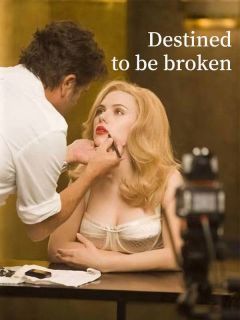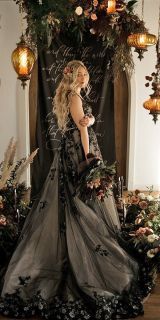
Introduction
Table Of Contents
Introduction
Trapped in a marriage of convenience, Lady Alicia, the icy heiress to the Duke of Devonshire, finds herself bound to her arrogant and infuriatingly handsome cousin, William Cavendish. Their families have decreed they must wed, securing the family's legacy, but Alicia has no desire for a husband, especially not the notorious rake who has tormented her since childhood.
Determined to maintain her independence, Alicia establishes a unique arrangement: odd-numbered days for fulfilling their marital duties, even-numbered days for blissful solitude. But William, captivated by his reluctant bride, is determined to break through her icy exterior and awaken the passionate woman he knows lies beneath.
As their marriage progresses, their forced proximity ignites a firestorm of forbidden desire. Amidst the glittering balls and rigid social customs of Regency England, Alicia and William engage in a battle of wills, where duty clashes with a love neither can deny. Will their unconventional arrangement lead to heartbreak, or will William succeed in melting the heart of the Duke's icy heiress? Indulge in a sizzling, slow-burn romance where passion defies all the rules.
Read More
All Chapters
Table Of Contents
Chapter 1: A Most Inconvenient Marriage
Chapter 2: The Nuptial Night
Chapter 3: Dawn
Chapter 4: The Second Night
Chapter 5: The Peculiarities of Odd-Numbered Days
Chapter 6: The Third Night
Chapter 7: Acclimation
Chapter 8: Clause
Chapter 9: The Seven Times Agreement
Chapter 10: Embrace
Chapter 11: The Counterattack
Chapter 12: A Response
Chapter 13: Desire
Chapter 14: Sonnet
Chapter 15: Fancies and Foibles
Chapter 16: Confessions
Chapter 17: A Kiss Most Unsettling
Chapter 18: An Evenly Maddening Arrangement
Chapter 19: Fantasy
Chapter 20: Matrimony
Chapter 21: The Portrait
Chapter 22. Hot and Cold
Chapter 23. Observation
Chapter 24: Lessons
Chapter 25: A Cousin's Plaything
Chapter 26: The Revels
Chapter 27: Return to London
Chapter 28: In Which a Wife Takes Her Leave
Chapter 29: Conjugal Matters
Chapter 30: A Fit of Pique
Chapter 31: A Most Unwelcome Suitor
Chapter 32: The Cravat and the Cad
Chapter 33. A Most Grievous Grudge
Chapter 34: Progress
Chapter 35: Contraception
Chapter 36: A Most Unreasonable Jealousy
Chapter 37: Tolerance No More
Chapter 38: A Most Improper Arrangement
Chapter 39: Moving House
Chapter 40: Married Life
Chapter 41: Blessings
Chapter 42. Finis
Chapter 43: Progeny
Chapter 44. The Hunting Season
Chapter 45. The Thrill of the Chase
Chapter 46. A Most Singular Understanding
Chapter 47: Another World
Chapter 48. The Dream
Chapter 49: The New Year
Chapter 50. The Age of Innocence
Chapter 51. Of Misdiagnoses and Missives
Chapter 52. Of Reunions and Rather Uncomfortable Carriages
Chapter 53: Letters and Farewells
Chapter 54: A Scarred Victory
Chapter 55: Of Journeys and Jitters
Chapter 56. An Unexpected Inheritance
Chapter 57: The Eldest Son
Chapter 58: Daughter
Chapter 59. The Angel
Chapter 60: William & Alicia





